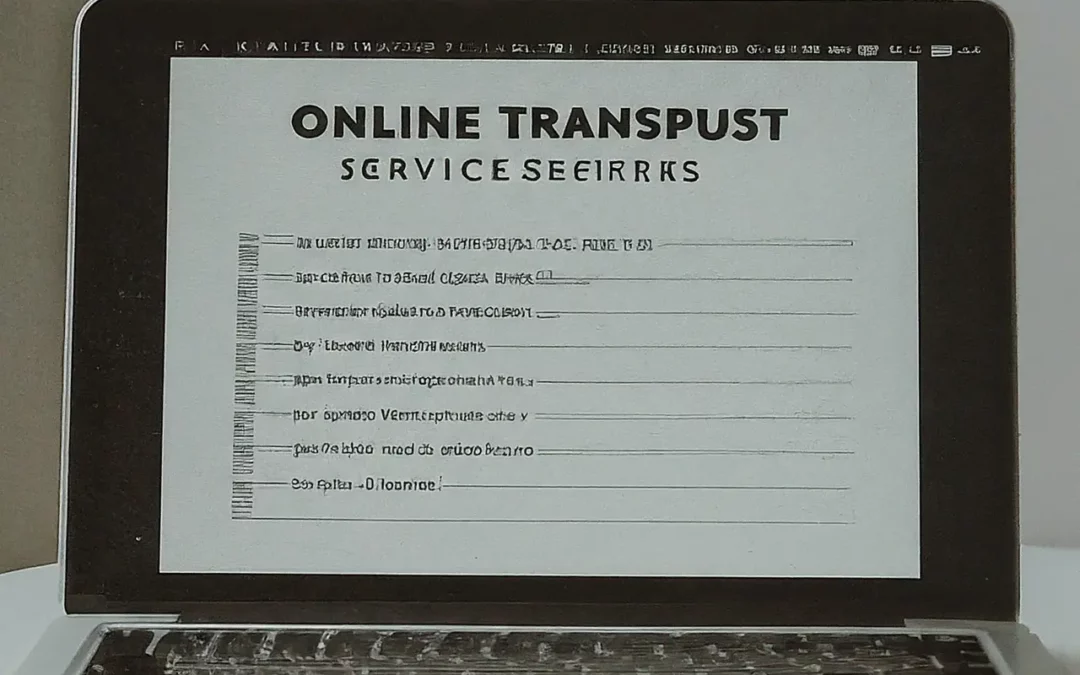
by World Document Services | Sep 2, 2024 | Most Viewed
Navigating the vast ocean of online transcript services can be daunting, especially when you’re looking for quality, reliability, and affordability across countries like India, Canada, and the USA. Whether it’s for academic, legal, or personal needs, finding the right service requires a keen eye for detail. In this blog, we’ll dive into the 10 crucial factors you need to consider to make an informed choice. Ready to find a service that ticks all the boxes? Let’s get started!
Need help with your University Transcript? Contact Us Now!
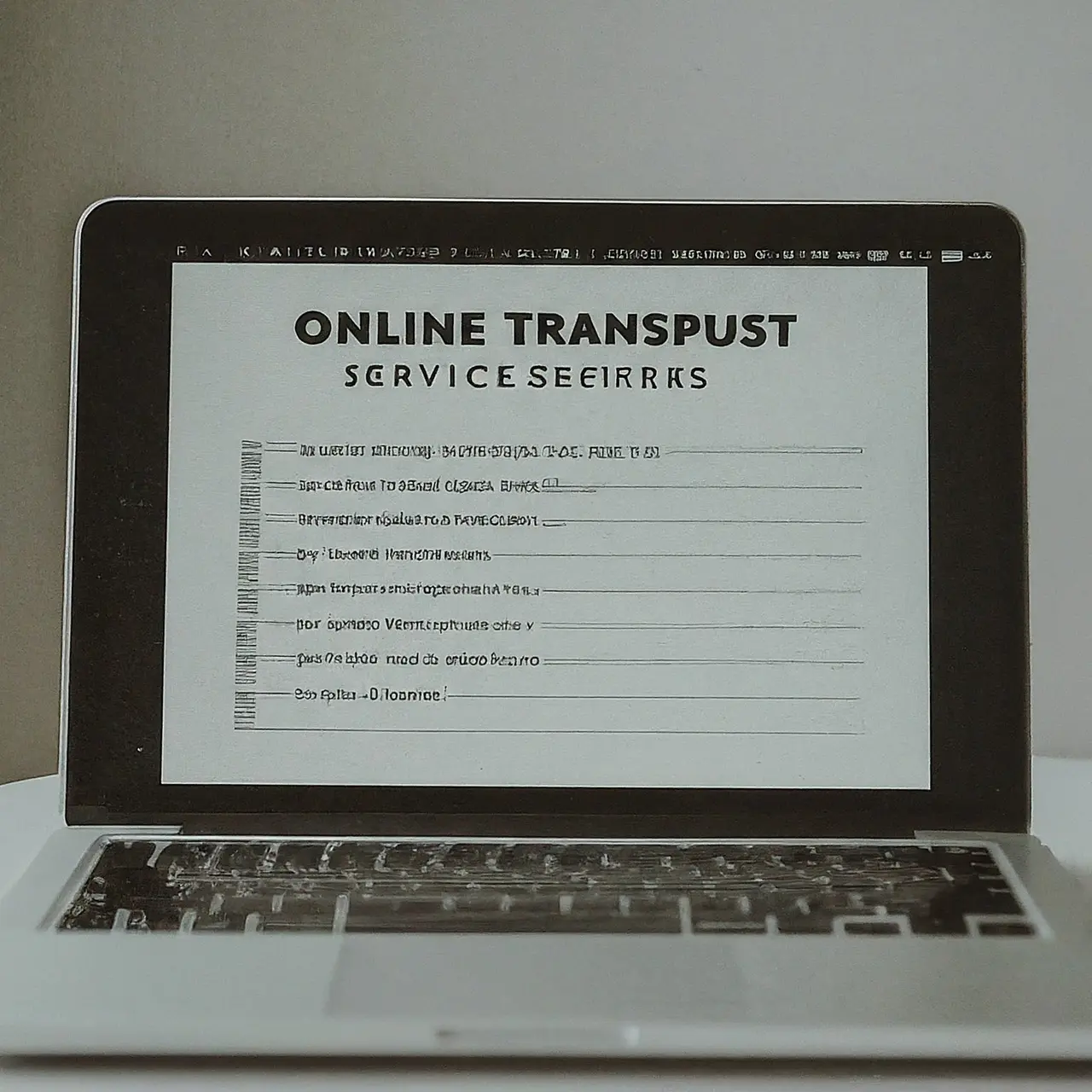
1. Accreditation and Credibility
When it comes to choosing online transcript services, checking for accreditation and credibility is like ensuring the foundation of a house is solid before moving in. Accredited services meet specific standards set by authoritative organizations, guaranteeing a level of professionalism and trustworthiness. This notch on their belt isn’t just for show; it signifies that your transcripts will be handled with the rigor and attention they deserve. Especially when dealing with academic or legal documents across countries like India, Canada, and the USA, the last thing you want is to face issues because the service wasn’t up to par. So, take a moment to investigate whether your chosen service flaunts this badge of honor—it’s your first step toward a seamless experience.
2. Accuracy and Error Correction Policies
In the realm of document services, accuracy is the king, and online transcript services are no exception. A minor error can have significant repercussions, particularly in academic and legal contexts. That’s why it’s crucial to look for services that not only boast high accuracy rates but also have clear error correction policies in place. This guarantees that should a mistake slip through the cracks, there’s a reliable process for rectification without added stress or cost on your part. Moreover, consider services that offer a preview of the transcripts, allowing you to pinpoint discrepancies before final submission. Streamlining the accuracy of your documents not only saves time but ensures peace of mind.
3. Turnaround Time and Rush Options
Time waits for no one, and when you’re on a deadline, neither can you. The turnaround time is a crucial element in the selection process for online transcript services, particularly if you’re racing against the clock. Whether it’s for a job application, academic deadline, or any other urgent requirement, knowing the expected delivery time can significantly impact your decision. Additionally, it’s beneficial to check if the service offers rush options, for those times when you need everything done yesterday. Fast turnaround times shouldn’t compromise quality, so look for services that maintain a balance between speed and accuracy.
4. Confidentiality and Security Measures
In today’s digital age, the confidentiality and security of your documents cannot be overstated. When selecting an online transcript service, dive deep into their privacy policies and security measures. Check if they use encryption for data transfer and storage, and inquire about their compliance with international privacy laws, especially if you’re dealing with global services spanning India, Canada, and the USA. A trustworthy service will transparently share how your information is protected from unauthorized access or disclosure. Remember, it’s not just about getting your transcript; it’s about ensuring it remains in safe hands every step of the way.
5. Pricing, Packages, and Payment Options
While the cost shouldn’t be the only factor guiding your choice, it undeniably plays a significant role when selecting an online transcript service. Transparent pricing models and clear packages make it easier to understand what you’re paying for. Avoid services with hidden fees that could spring up unexpectedly. Instead, opt for those that offer straightforward pricing and multiple payment options, accommodating your preference, whether it’s through credit cards, online wallets, or bank transfers. It’s also worth looking into if there are any discounts for bulk orders or ongoing services, which can be particularly useful for businesses or individuals with recurring needs.
6. Customer Service and Support
Exceptional customer service can turn a good experience with an online transcript service into a great one. Responsive and helpful support teams make the process smoother, especially when navigating deadlines or correcting potential errors. Look for services that offer multiple channels of support, such as live chat, email, or phone, ensuring that help is readily available when you need it. A quick response time can be a lifesaver in time-sensitive situations, making it an essential factor to consider alongside the service’s primary offerings.
7. Technological Capabilities and Innovation
The backbone of an effective online transcript service lies in its technology. Advanced features, such as speech recognition software for precise transcriptions and machine learning algorithms for quality control, can significantly enhance accuracy and efficiency. Furthermore, innovative services continuously improve their processes, staying ahead of the curve and offering you the best possible experience. Assessing a service’s commitment to technological advancement not only gives you insight into their current capabilities but also their future reliability.
8. User Experience and Interface
A user-friendly interface might not be the first thing you think of when choosing online transcript services, but it can significantly impact your overall experience. A straightforward, intuitive platform simplifies the process, from uploading documents to receiving finished transcripts. Glitchy or complicated systems can lead to frustration, delays, and errors. Therefore, it’s worth taking the time to ensure the service’s interface is easy to navigate and meets your expectations for a hassle-free experience.
9. Language Support and Diversity
The world is a melting pot of languages, and online transcript services should be able to handle a variety of linguistic needs. Whether you’re dealing with documents in French, Mandarin, or any other language, ensuring the service has expertise in your required language is crucial. This includes not only translating the text but understanding cultural nuances that affect the interpretation of your documents. Services that offer a wide range of language support are better equipped to provide accurate and meaningful transcriptions, no matter where you are in the world.
10. Client Reviews and Testimonials
Last but certainly not least, the experiences of previous clients can offer invaluable insights into an online transcript service’s reliability and quality. Take the time to delve into reviews and testimonials, paying attention to comments about accuracy, turnaround times, customer support, and overall satisfaction. Keep an eye out for recurring themes, both positive and negative, as these can give you a solid idea of what to expect. Remember, while no service is perfect, understanding its strengths and weaknesses through the lens of past users can guide you to make an informed decision.
You know World Document Services fits all criteria & is one of the leading Transcript Service Provider in India & Canada.
Reach out to us now.
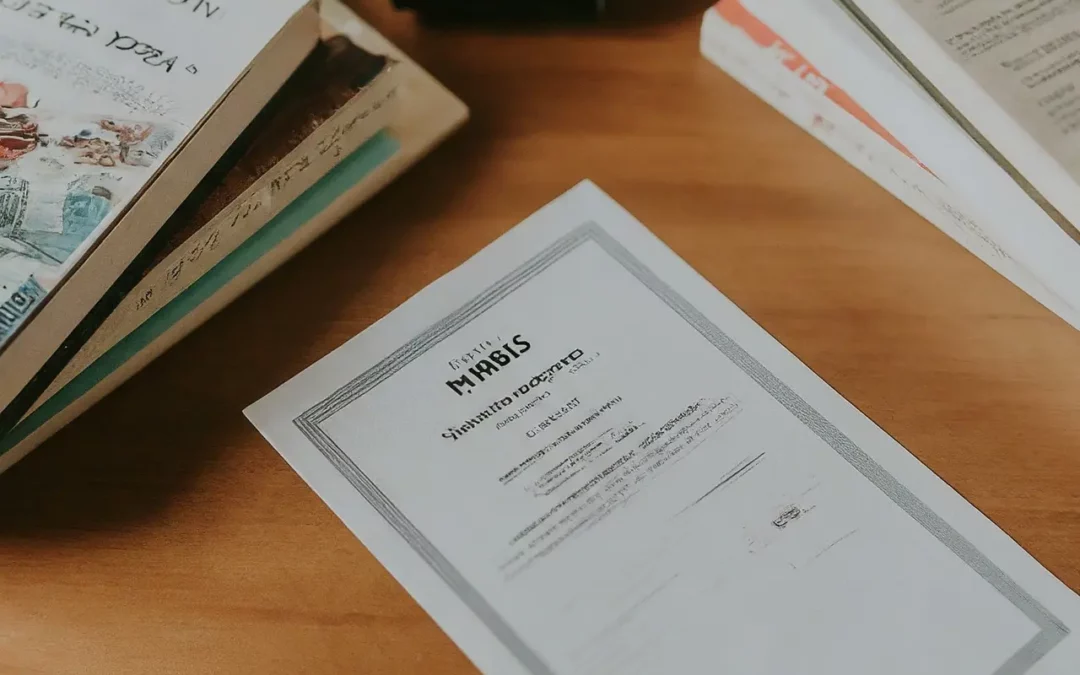
by World Document Services | Sep 2, 2024 | Most Viewed
Preparing for an adventure of studying abroad? Hold on—it’s not just your passport and ticket that matter. Your NMIMS transcript plays a pivotal role too! Let’s explore why this document is an absolute must-have for your international academic journey.
Need help with your NMIMS Transcript? Contact Us Now!

1. A Passport to Global Universities
Imagine stepping into the admissions office of your dream university abroad, your heart full of aspirations. Your NMIMS transcript acts as a bridge in this scenario, connecting your educational journey in India with the global academic landscape. It’s not just about grades; it’s a comprehensive showcase of your learning curve, subjects tackled, and the intellectual diversity you can bring to a new academic setting. Universities worldwide recognize this transcript as a benchmark of your academic dedication.
Moreover, it’s your personalized academic narrative, detailing the unique path you’ve walked through your academic career. The transcript is a testament to your perseverance, demonstrating to foreign universities that you have successfully navigated the rigorous curriculum offered by NMIMS. It’s like carrying a piece of your academic heritage abroad, opening doors to further your education on an international platform.
2. Unlocks Scholarships and Financial Aid
One of the most significant challenges in studying abroad is managing the costs. Here, your NMIMS transcript comes into play as a golden key, unlocking various scholarships and financial aid opportunities. Scholarship committees and financial aid offices delve into your transcript to gauge your academic abilities and potential for success. A robust transcript can position you as an ideal candidate for scholarships that make your study abroad dreams financially feasible.
3. Evidence of Academic Proficiency
Your NMIMS transcript serves as irrefutable evidence of your academic proficiency. It chronicles not just the grades you achieved but also the rigor and depth of your course work. This is crucial, as international institutions seek students who have not only excelled in their studies but have also taken on the challenge of comprehensive and demanding courses. It tells a story of your academic journey, highlighting your strengths and areas of expertise.
4. Standardized Evaluation for Global Education Systems
The global academic world thrives on standardization, and your NMIMS transcript facilitates this by providing a standardized evaluation of your academic performance. It works as a common language between diverse education systems, helping institutions abroad understand your academic background in the context of your home country’s educational norms. This standardization is vital for ensuring that your qualifications are appropriately recognized and valued, no matter where in the world you choose to study.
5. Facilitates Credit Transfer
Thinking about transferring credits? Your NMIMS transcript plays a crucial role here. It outlines in detail the courses you’ve completed, the credits earned, and the grades attained, making the process of credit transfer smoother and more transparent for international institutions. This detailed record supports your case when aligning completed courses with the curriculum of your new university, facilitating a seamless transition to your studies abroad.
6. Showcases Your Academic Flexibility and Breadth
Academic diversity is highly valued in the global educational arena. Your NMIMS transcript does more than just list courses; it showcases your academic flexibility and the breadth of subjects you’ve explored. This breadth is appealing to universities abroad, showing you’re not just a specialist in a single field but have a well-rounded academic foundation. It stands as evidence of your curiosity and willingness to tackle diverse intellectual challenges.
7. Strengthens Visa Applications
A strong NMIMS transcript can also be a boon for your visa application process. Consulates and embassies often review educational credentials when assessing student visa applications. A solid academic record, evidenced by your transcript, can help establish your credentials as a genuine student, which is crucial in the process of securing a student visa. It not only strengthens your application but also demonstrates your commitment to pursuing higher education abroad.
8. Supports Your Job Search Abroad
Beyond campuses, your NMIMS transcript can be a valuable asset in your quest for international employment opportunities. Employers often seek candidates with a proven track record of academic excellence and adaptability. Your transcript serves as a portable portfolio of your academic achievements and can be a persuasive tool in the job market, illustrating your commitment to excellence and continuous learning.
Stepping into a global classroom enriches your personal and professional network. Your NMIMS transcript, as a reflection of your scholarly pursuits, lays the groundwork for participating in such vibrant, international academic communities. It paves the way for engaging with fellow scholars, professionals, and academicians, fostering relationships that can lead to collaborative projects, research opportunities, and career advancement.
10. A Testament to Your Commitment and Hard Work
Ultimately, your NMIMS transcript is a tangible testament to your commitment, hard work, and academic achievements. It represents the culmination of your efforts, discipline, and dedication to your studies. This transcript not only serves as a key to unlock numerous opportunities globally but also stands as a personal reminder of the challenges you’ve overcome and the milestones you’ve achieved in your educational journey.
To know more, reach out to World Document Services or fill in the enquiry form.
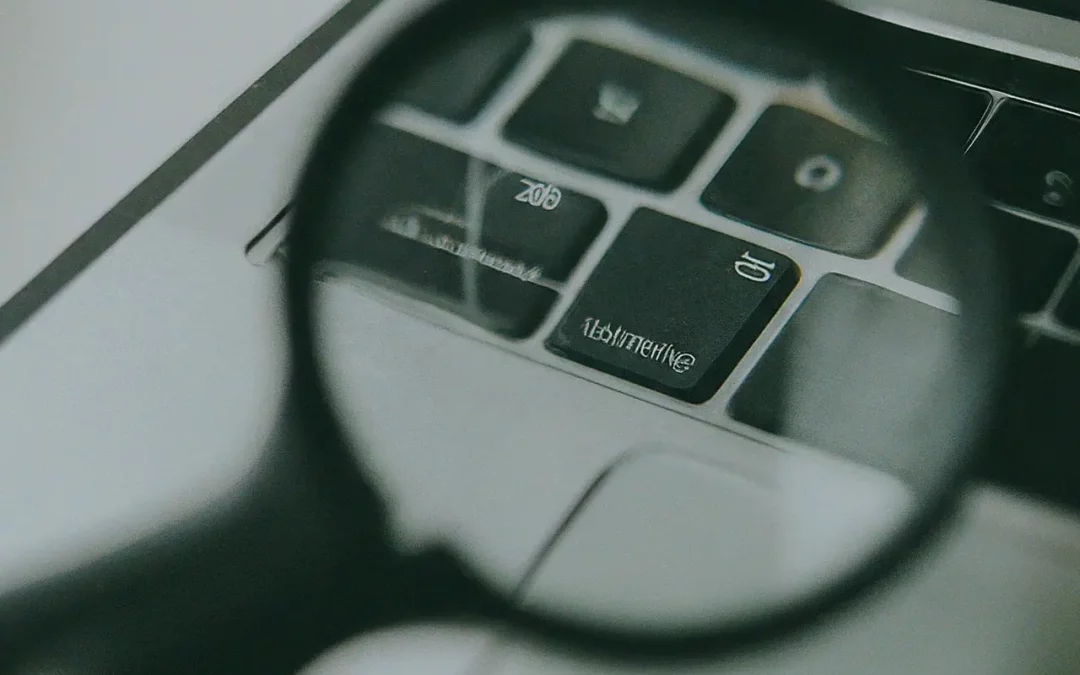
by World Document Services | Sep 2, 2024 | Most Viewed
Navigating the post-graduation landscape can be daunting, but verifying your university certificate online? Now, that’s a breeze. Let’s dive into how the digital age has simplified this crucial step.

Understanding University Certificate Verification
University certificate verification is more than a formality; it’s a bridge to endless opportunities. In the online world, verification acts as a seal of authenticity for your achievements.
The process typically involves your university and potential employers or other institutions confirming that your certificate is valid and genuinely represents your scholarly accomplishments.
Why go online? It’s simple. The digital route offers convenience, speed, and a global reach. Long gone are the days of snail-mail or in-person requests.
Need help with your Bangalore University Transcript? Contact Us Now!
The Importance of Online Verification for Your University Certificate
In today’s digitized world, having your certificate verified online isn’t just a convenience—it’s a necessity. It immediately increases your credibility and employability on a global scale.
Imagine being able to apply for a job or further studies anywhere in the world without the hurdle of proving your educational credentials. That’s the power of online verification.
Step-by-Step Guide to Online University Certificate Verification
Firstly, check if your university offers an online verification service. Many institutions now have digital portals for this purpose.
Next, gather your certificate and any other required documents. This might include your ID and a consent form.
Follow the portal’s instructions carefully. Upload the necessary documents and, if required, pay any applicable fees.
Finally, wait for the verification process to complete. You’ll receive a confirmation once it’s done.
There’s a variety of online platforms offering certificate verification services. These include the Digital Student Data Depository (DSDD) and the National Student Clearinghouse in the United States.
Your choice should depend on the recognition and acceptability of the platform by employers and educational institutions worldwide.
Tips for a Successful Online University Certificate Verification
Ensure your certificate is in a digital format accepted by the verification platform. PDFs are usually a safe bet.
Double-check the information you submit for accuracy. A simple typo can cause delays.
Be patient. Some verifications can take a few days to process.
What to Do If Verification Is Unsuccessful
First, don’t panic. Unsuccessful verification doesn’t automatically mean your certificate isn’t valid.
Check for any discrepancies in your information or documents and resubmit them if necessary.
If issues persist, contact your university’s registrars office for assistance. They can provide you with guidance on how to proceed.
Embracing the Digital Verification Era
The journey to getting your university certificate verified online can be as enlightening as it is essential. With the right resources, steps, and a dash of patience, you’re well on your way to crossing this off your post-graduation to-do list. Remember, this process not only validates your hard work and dedication but also opens new doors on your career path.

by World Document Services | Sep 2, 2024 | Most Viewed
Ever wondered if your digital achievements are as valid as the paper ones tucked in your drawer? Let’s dive into the world of electronic university transcripts and their authenticity.

Understanding Electronic University Transcripts
Electronic university transcripts are digital versions of your traditional paper transcripts. They contain the same vital information – your courses, grades, and degree – but in a format that’s easier to share and verify. This digital shift not only aligns with our continuously evolving technological landscape but also promises a quicker, more secure handling of academic records.
Need help with your University Transcript? Contact Us Now!
Despite their convenience, there are questions regarding their authenticity. How can we ensure they are just as official as their paper counterparts? The answer lies in the details of their creation and distribution, which typically include rigorous security measures to prevent tampering and ensure verification.
The Authentication Process for Electronic Transcripts
The authenticity of electronic university transcripts hinges on two main aspects: digital signatures and secure delivery systems. Digital signatures, encrypted data that verifies the sender’s identity, ensure that the document sent is exactly what the issuing institution created.
Beyond the digital signature, transcripts are often sent through secure, dedicated platforms that maintain their integrity from sender to recipient. These platforms can provide timestamps, verification codes, and a traceable path that records each step of the document’s journey.
Some institutions also adopt blockchain technology to authenticate their electronic transcripts. This method offers an extra layer of security by distributing a tamper-proof ledger of transactions across multiple computers.
Why Authentication Matters for Your University Transcripts
The authentication of university transcripts, especially in digital form, is more than a technical necessity; it’s about trust and credibility. For students and graduates, it ensures your academic accomplishments are recognized and valued accurately across the globe.
For educational institutions and potential employers, it mitigates the risk of fraudulent credentials, maintaining the integrity of the academic awards and the selection process. This level of assurance strengthens the value of electronic transcripts.
Step-by-Step Guide to Authenticate Your Electronic Transcripts
First, request your electronic transcript directly from your university’s registrar office or through their designated digital platform. This ensures the document’s initial legitimacy.
Next, check for a digital signature or a secure link provided by your institution. If received via email, ensure it comes from an authorized and recognizable sender.
Verify the document through any provided validation services. Many universities will offer a link or a tool on their official website where you can enter a unique code or access a QR to confirm the transcript’s authenticity.
For further assurance, you may also contact the registrar’s office directly to confirm the document’s legitimacy. They can provide additional information about their authentication process.
Common Issues and How to Solve Them
One common issue is receiving an electronic transcript that seems unverifiable. This could be due to an outdated verification link or a missing digital signature. Contacting the issuing institution for a valid copy or verification instructions is generally the best course of action.
Another issue is encountering platforms or institutions unfamiliar with digital formats. In such cases, providing them with information from your university about the digital transcripts’ authenticity measures can help.
FAQs on Electronic Transcripts Authentication
Can electronic transcripts be sent to multiple recipients? Yes, electronic transcripts can be sent to various recipients quickly and securely, maintaining their authenticated status through each transmission.
Do electronic transcripts expire? While the information they contain remains valid indefinitely, the digital signature or verification link may have an expiry date. Always check the authenticity of your electronic transcript before use.
How quickly can electronic transcripts be obtained? Unlike traditional paper transcripts, which can take weeks to process and deliver, electronic versions can often be issued and received within a matter of days, if not hours.
Embracing the Future of Academic Records
In the digital age, the integrity of your academic records matters more than ever. Whether you’re applying for a job, further education, or an international opportunity, knowing how to ensure your university transcripts are authenticated can make all the difference. Embrace the change, and let’s make the most of what technology has to offer in validating our academic successes.
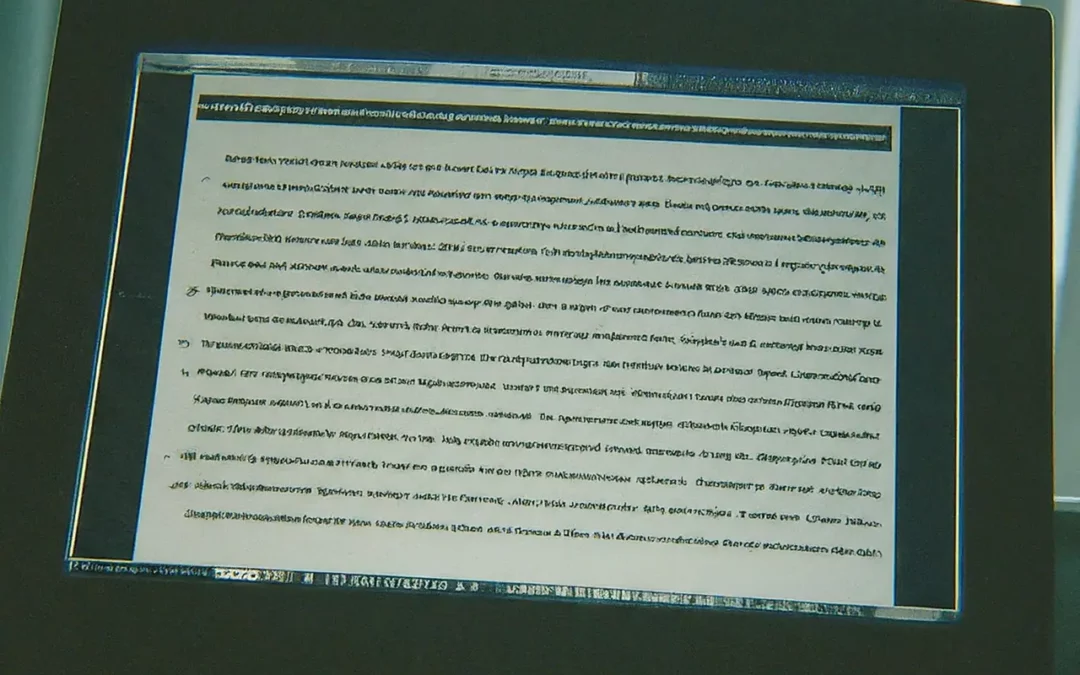
by World Document Services | Sep 2, 2024 | Most Viewed
Navigating the world of academic verification just got easier, thanks to online transcript services. But how reliable are they? Let’s explore the ins and outs of this digital convenience.
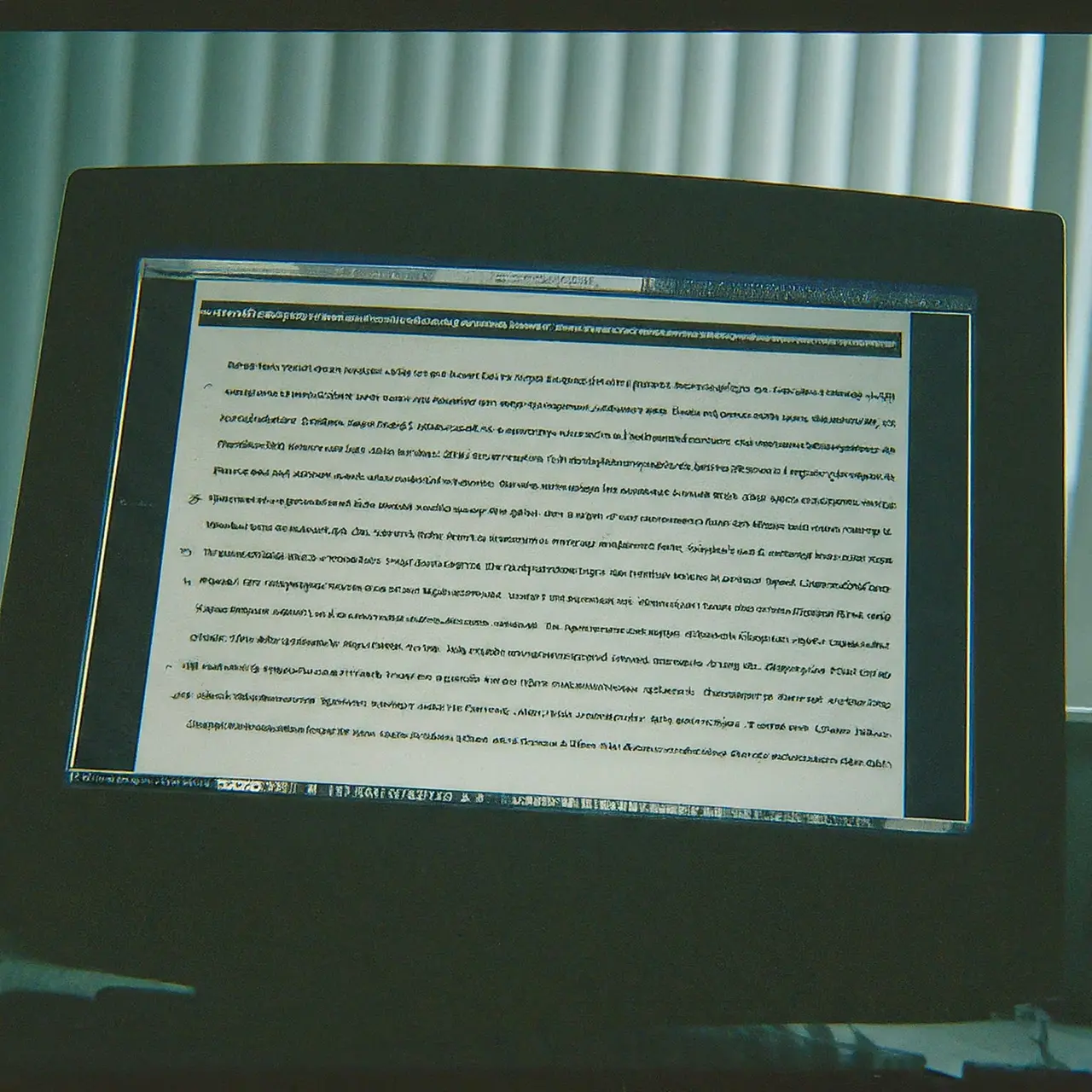
What Are Online Transcript Services?
Online transcript services are digital platforms that specialize in producing and delivering official academic transcripts electronically. Unlike the traditional, often slower process of obtaining transcripts from educational institutions in person or via mail, these services offer a more swift and accessible method. Whether you’re applying for higher education, a job, or need to verify someone’s academic qualifications, they provide a streamlined solution.
Need help with your Academic Transcript Verification? Contact Us Now!
The key appeal of these platforms lies in their convenience. At the click of a button, students can have their comprehensive academic history sent to any destination worldwide, reducing the waiting time from weeks to potentially just a few days or even hours.
How Do Online Transcript Services Work?
Getting started with an online transcript service is typically a straightforward process. First, users must create an account and provide the necessary identification details to ensure the security and confidentiality of their records. Following this, they can request transcripts by specifying the recipient’s details and any specific requirements set by the receiving organization.
Once a request is made, the service then liaises with the relevant educational institution to obtain the official transcript. After a thorough verification process, the transcript is either sent directly to the requested recipient electronically, or, if a certified hard copy is needed, it’s mailed out.
The Benefits of Using Online Transcript Services
One of the most compelling advantages is speed. In an era where time is of the essence, being able to expedite the transfer of crucial academic documents can be a game-changer for many.
Equally important is the aspect of convenience. With these services, there’s no need to physically visit an institution or wait in long lines; all transactions can be completed from the comfort of your home.
Lastly, these platforms often enhance the security and traceability of documents. Encrypted transfers and digital records make it easier to track the whereabouts of your transcript request and ensure its safe arrival.
Challenges and Considerations
A potential downside is the issue of recognition and acceptance. Some organizations may still insist on traditional methods for submitting transcripts, skeptical of the authenticity of digital copies.
Another concern revolves around data privacy. As with any online transaction, sharing personal and academic information over the internet brings about risks that users should be wary of.
Cost can also be a factor; while these services offer convenience and speed, they often come with a fee. Users should weigh the benefits against the costs to determine if it’s the right solution for their needs.
Evaluating the Reliability of Online Transcript Services
The reliability of an online transcript service can generally be gauged by its accreditation status, the security measures it employs, and its reputation among users. Always check for reviews and feedback before committing.
Additionally, look into their customer service and support system. A reliable service should offer prompt and effective assistance for any issues that may arise during the process.
Tips for Choosing a Reliable Online Transcript Service
Prioritize services that are transparent about their processes and fees. Hidden costs and vague procedures are red flags.
Verify the service’s partnerships with educational institutions. Those with a broader network are typically more reliable.
Real User Experiences and Reviews
Many users have shared their positive experiences, highlighting the ease of use and effectiveness of reliable online transcript services. However, it’s important to note that experiences can vary, and thorough research is recommended.
Deciding whether to use an online transcript service hinges on various factors, including personal needs, the requirements of the recipient institution, and the service’s credibility. By thoroughly evaluating these aspects, one can make an informed choice that best suits their academic verification needs.
Embracing the Future with Confidence
In the digital age, where efficiency and accuracy are paramount, online transcript services have proven to be a boon for students, educational institutions, and employers alike. While they’re not without their challenges, choosing a reputable provider and taking proper precautions can largely mitigate these concerns, making these services a reliable choice for academic verification.











 Call Us
Call Us Mail Us
Mail Us WhatsApp
WhatsApp
